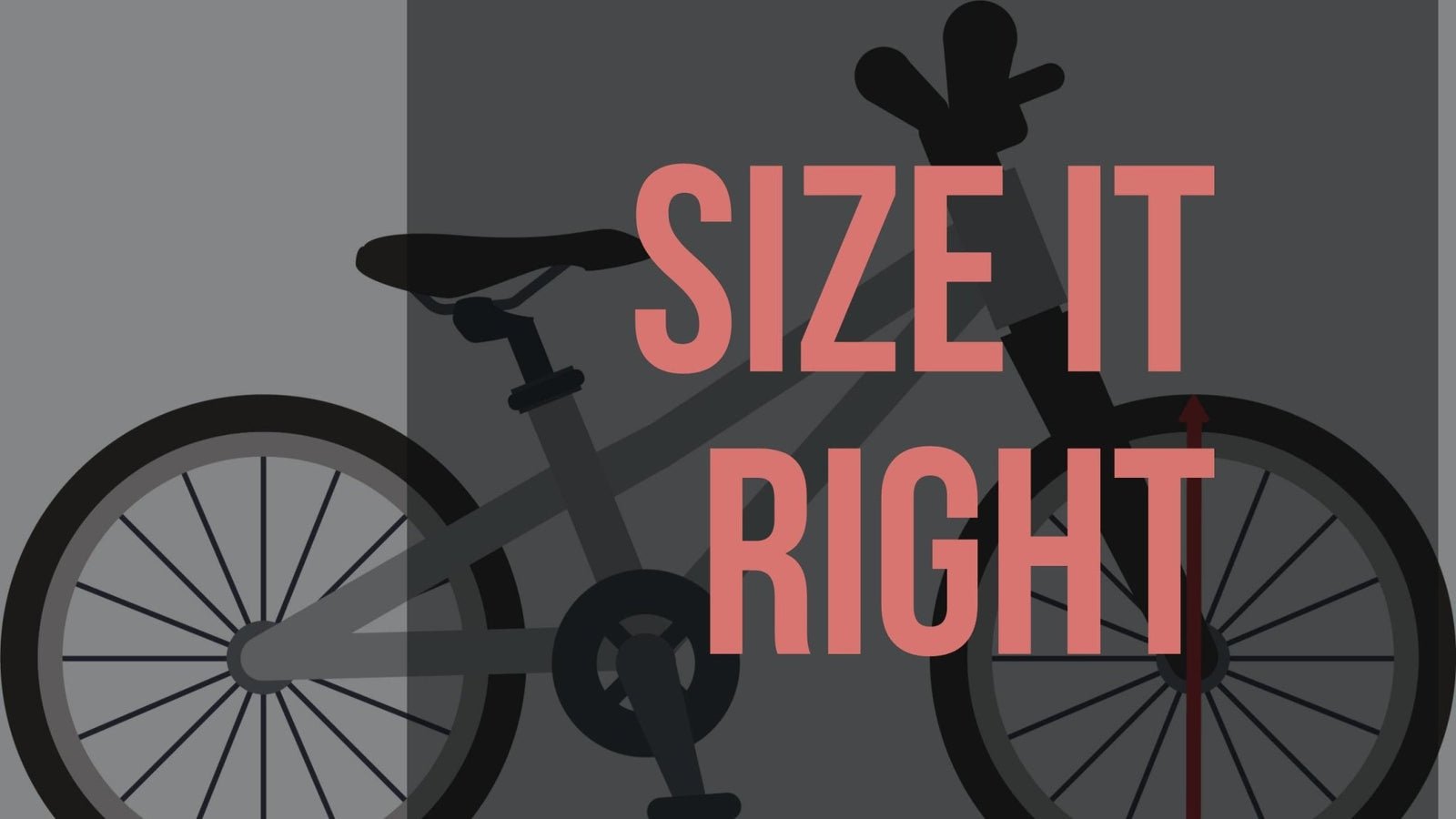One of the most common questions for parents searching for a bike for the kids is "how do I make sure I get the right size bike for my kid?"
At Prevelo, we try to keep bike sizing simple and predictable. We have a size guide to help you find the right bike. We are are going to break things down in a bit more detail here.
Navigating Bike Sizing Language
If you are confused about how bikes are sized, it's not your fault. The bike industry has different sizing conventions for different types of bikes. Mountain bikes, road bikes and kids bikes are all measured differently. Mountain bike frame sizes typically indicate the length of the seat tube (the tube that runs vertically down from the seat). Road bike frame sizes typically indicate the length of the top tube (the tube that connects the seat to the handlebar) in centimeters. And kids bike frames typically indicate the diameter of the wheel in inches.

Mountain Bikes

Road Bikes

Kids Bikes
Kids Bikes Sizing
So when we talk about kids bike sizes in terms of 14, 16, 20 or 24, those numbers indicate the diameter of the wheels on the bike in inches. Let's layout some of these bikes next to each other:

14 Inch Bike

16 Inch Bike

20 Inch Bike

24 Inch Bike
The problem is that wheel size is a pretty vague indication of size. As evidence of this, check out sizing guides for adult bikes. Many adult bike manufacturers will size a bike for an adult that is less than 5 feet tall and an adult that's over 6 feet tall using the same wheel size, but changing the frame geometry. So, while kids bike sizes are indicated by wheel size, wheel size alone is not a reliable indication of whether a bike will fit your young rider.
The solution here is to use a size chart. Most reputable kids bike brands provide size charts. But before we get to the size chart, let's talk about which factors about the rider are important.
Fit Factor #1: Rider Inseam
At Prevelo, we think the most important measurement is inseam. If the bike is too big for the riders inseam, then the rider will have difficulty getting their feet on the ground - a fit which we don't recommend for many young riders. If the bike is too small for the rider's inseam, then the rider will be cramped, uncomfortable and inefficient. So this is really a critical measurement for children.
There are indeed other measurements that are significant. For example, the rider's torso length and arm length impact reach. However, if the bike fits the rider's inseam, reach is seldom outside of an acceptable range. Further, a child can ride a bike with suboptimal reach, but if height is not within an acceptable range, the bike is likely to be unrideable.
Fit Factor #2: Rider Experience
The second element we look at is rider experience. There's a progression that occurs with children on bikes.
- When children are first learning to ride they are most confident and safest if they can get their feet flat on the ground while seated in the saddle. We call this the Learner Fit.
- Once a child is comfortable riding, they can be fitted so they are on their tip toes while seated in the saddle. We call this the Pedaler Fit.

Learner Fit

Pedaler Fit
Properly Sizing a Kids Bike
Now that you have both rider inseam and experience handy you are equipped to size the bike. Many kid focused bike manufacturers will have a guide to help you find the correct size. Here is the Prevelo Size Guide:
Talk with the Pros
If you have any doubt, make a quick phone call or email. Even if you choose to buy elsewhere, most reputable children's bike sellers are more than happy to help you find the right size. And since getting the right size helps minimize returns, most sellers have gotten pretty good at it!

